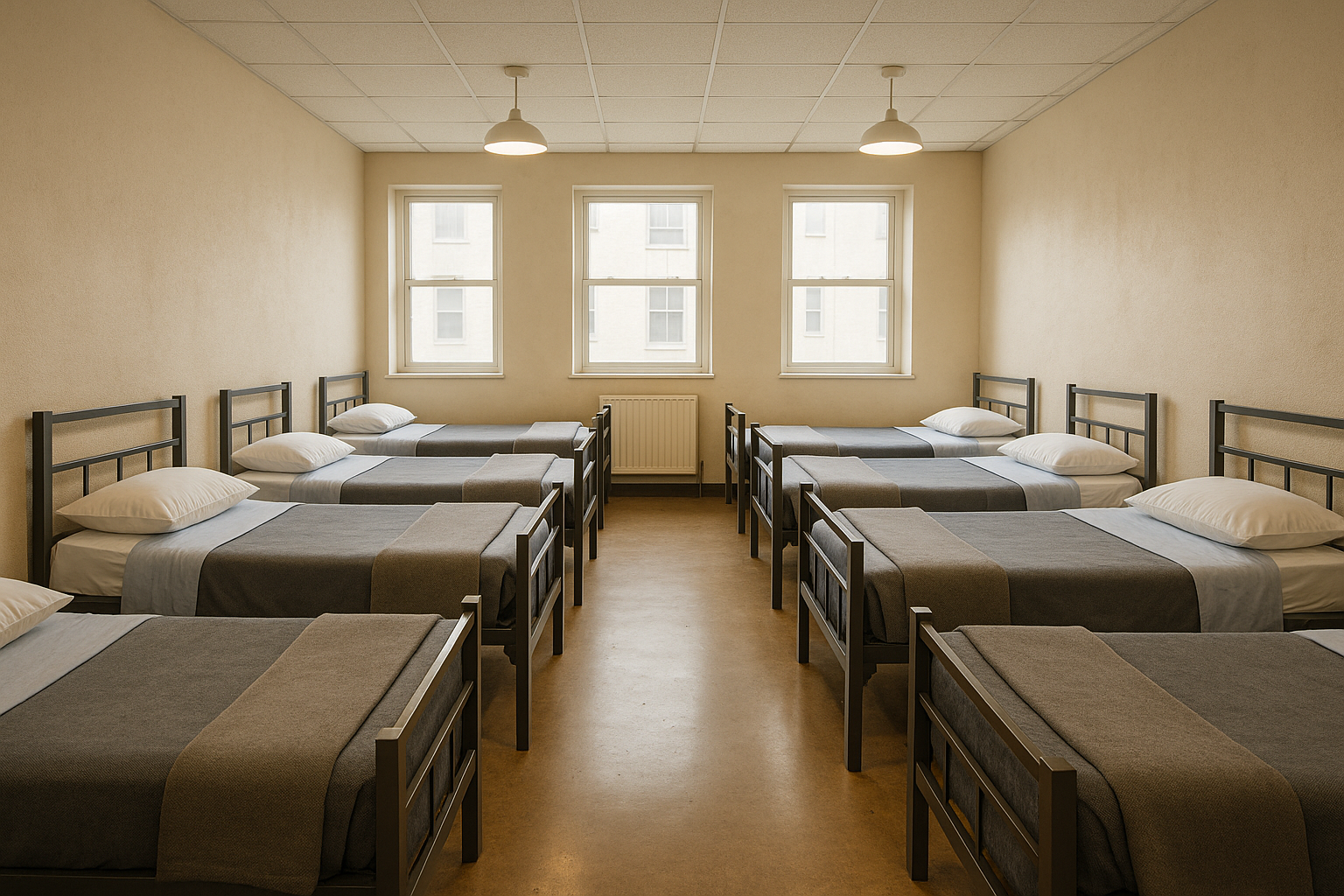Equipment Financing for Shelters and Transitional Housing
Operating a shelter or transitional housing program requires more than safe spaces—it requires the right equipment and infrastructure to support residents. From beds and kitchen appliances to security systems and laundry facilities, these essentials can be expensive. With tight budgets and rising demand, many organizations turn to equipment financing to equip their facilities without depleting critical operating funds.
Why Shelters and Transitional Housing Need Financing
-
High Upfront Costs – Outfitting a facility can cost tens or even hundreds of thousands.
-
Cash Flow Preservation – Spread out costs with manageable monthly payments.
-
Faster Setup & Expansion – Open or scale services without waiting for years of fundraising.
-
Improved Resident Experience – Modern equipment ensures safety, comfort, and dignity.
-
Grant & Donor Alignment – Financing can complement existing funding streams.
Essential Equipment That Can Be Financed
✔ Beds & Furniture – Bunk beds, mattresses, seating, and tables for communal spaces.
✔ Kitchen Appliances – Commercial refrigerators, ovens, and dishwashers for shared meals.
✔ Laundry Facilities – Washers and dryers to serve residents efficiently.
✔ Security & Access Systems – Cameras, alarms, and controlled entry points for safety.
✔ HVAC & Climate Systems – Heating, cooling, and air purification for resident comfort.
✔ Computers & Technology – For resident job searches, education, and case management.
Financing Options for Shelters & Transitional Housing
1. Equipment Loans
-
Borrow for specific purchases like bunk beds or appliances.
-
Fixed monthly payments, ownership from day one.
2. Lease-to-Own Programs
-
Lower upfront costs.
-
Equipment ownership transfers at the end of the lease term.
-
Ideal for durable assets like HVAC systems or furniture.
3. Operating Leases
-
Lowest monthly payments.
-
Option to upgrade or return at lease-end.
-
Best for technology and software needs.
4. SBA & Nonprofit Loans
-
SBA 7(a) or Community Advantage loans can fund facility improvements.
-
Nonprofits may also qualify for community development loan programs.
5. Grant + Financing Blends
-
Use grant funding for core construction or staffing.
-
Use financing for equipment to stretch available dollars.
Example Financing Scenario
A transitional housing nonprofit wants to expand with:
-
50 Beds & Mattresses = $25,000
-
Commercial Kitchen Appliances = $40,000
-
Security System & Cameras = $15,000
Total Investment: $80,000
With a 7-year equipment loan at 6.5%, monthly payments would be around $1,180. By securing donations and modest resident fees, the nonprofit can cover the loan while expanding its capacity.
Tips for Securing Equipment Financing
✔ Prepare a clear impact statement showing how new equipment supports your mission.
✔ Explore lenders that specialize in nonprofit financing.
✔ Combine loans, grants, and donor contributions for balanced funding.
✔ Negotiate bulk purchase discounts with suppliers.
✔ Include maintenance and warranties in your financing plan.
Final Thoughts
For shelters and transitional housing programs, equipment financing provides a lifeline—making it possible to equip facilities with beds, appliances, and security systems without massive upfront costs. With the right mix of loans, leasing, and grants, organizations can expand their services, improve resident comfort, and fulfill their mission of providing safety and stability.











